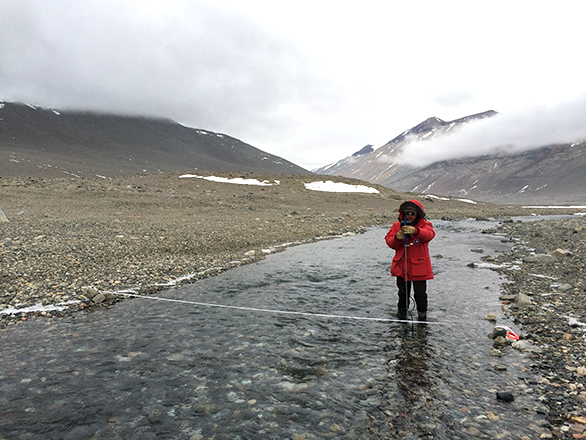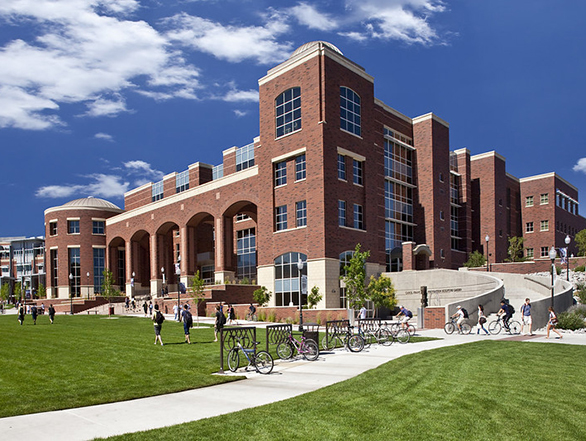Degree overview
The goals of the program are to provide fundamental and advanced training to students in the critical fields of surface and subsurface hydrology. Over 70 faculty at the University, DRI, and agencies such as the U.S. Forest Service and the Agricultural Research Service conduct research in areas such as contaminant transport (surface and subsurface), watershed hydrology, ecohydrology, aqueous geochemistry, global climate change, groundwater hydraulics, vadose zone hydrology, surface water hydrology and water resources engineering. Thus, students have a tremendous range of options to study. Our size fosters a personal atmosphere in which there is a close relationship between faculty and students. The Graduate Program of Hydrologic Sciences supports a vibrant student chapter of the Nevada Water Resources Association (NWRA) as well as an active international water organization for students (SAIWI).

Hydrogeology degrees
Specific areas of emphasis in Hydrogeology include groundwater contaminant transport, geochemical evolution of ground waters, nutrient transport processes, vadose zone hydrology, ground water resource evaluation and ground water modeling.

Hydrology degrees
Students within the Hydrology option can specialize in surface water hydraulics, watershed hydrology, water resources evaluations, water quality, geomorphology, and limnology.

